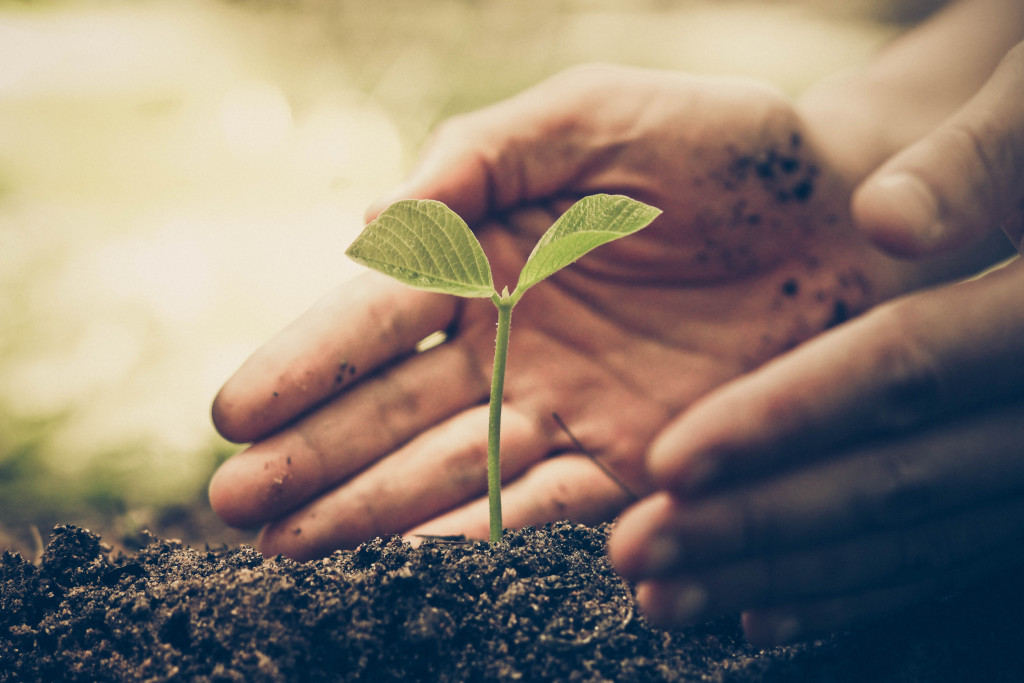While social movements and creative projects cab help bring environmental issues to the fore, we also have a powerful weapon at our disposal: educating students on how to live more sustainably and reduce their impact on the environment. Ecological sustainability and natural resource conservation benefit us now as well as future generations. A company’s comprehensive approach to sustainability, from production to logistics to customer service, is known as sustainability in the business sector.
In terms of sustainability education, today’s educators have a heavy burden. It’s critical that we educate the next generation to be environmentally responsible, self-sufficient global citizens. To put it another way, education should strive to produce future sustainability consultants who are competent in their field. Young people’s programs like Spark-Y embrace environmental education that involves hands-on activities, and others should do the same.
A focus on sustainability goes well beyond the classroom to include all academic disciplines and even after-school programs. It equips students with practical skills they can put to good use in helping the environment. It instills in them a profound appreciation for the value of environmental stewardship. In other words, it gives today’s kids the independence they’ll need in the future.
Learn what kids learn about sustainability in school and why it’s essential for educational institutions to prioritize teaching about it.
Existence of Human-Environment Interaction
The environment gives us everything we need to exist, including food, water, air, and shelter, yet its importance in our daily lives is increasingly overlooked.
Trees sustain a variety of ecosystems in addition to people by providing timber, food, and oxygen. Without them, the water cycle would be irreparably disrupted, resulting in disasters such as severe droughts and catastrophic floods. And yet, forest cover has shrunk by 32% since the industrial revolution, with 15 billion trees hacked down each year. Another 13% of the world’s fossil fuel emissions come from deforestation.
In addition to ensuring our continued existence, the ocean influences weather patterns and provides half of the world’s oxygen. There is a growing amount of plastic, oil, and toxic pollution in the oceans, destroying marine life and threatening global stability. Plastic pollution kills 100,000 marine animals per year all around the world. Cetaceans such as whales, dolphins, sea lions, and seals are included.
Humanity and the environment are intimately linked, despite contemporary society’s inclination to separate the two. To instill a sense of responsibility in pupils and avoid future environmental degradation, it’s critical to teach them this. Theoretical environmental science instruction can help get students started, but applying what they’ve learned is much more successful.
Students can learn about the interdependence between people and the environment via initiatives like Spark-Urban Y’s Agriculture Lab and school collaboration programs. Working in a home edible garden area, Operations Director Caitlin Barnhart says that children can “gather produce, explore the edible landscape, and frequently have their very first encounter with home-grown food.”
Gardeners, food activists, landscape designers, and urban planners are joining forces to encourage the public to consider “edible” when it comes to green space. Flowers are lovely, as the saying goes, but don’t you think they’re even nicer if they turn into apples or zucchini? Students who have first-hand exposure to the environment can better connect the dots between the environment and their daily lives.

Achieving a Healthy Work-Life Balance while Respecting the Environment
Encouraging young people to research environmentally-friendly businesses and start their own is an excellent way to ensure a greener society in the future. Consumers used to be unaware of the environmental impact of industry and manufacturing, but that is rapidly changing.
The economics and ecosystems are intertwined when it comes to sustainability. These days, no one can honestly deny the need to use environmentally friendly company methods. The profitability of business relies on healthy ecosystems—freshwater, clean air, vital biodiversity, and fertile land—and the stability of fair societies, even for people who are solely concerned with business and not the planet’s future.
Fortunately, these concerns are shared by the majority of us. As a result, contemporary civilization has a significant effect on the natural world. Sustainable business techniques like those taught in Spark-LEEF Y’s courses (Leadership, Entrepreneurship, Environment, Future) are critical to creating a more sustainable future.
The future represents “something better” and is more than just a chronological category when it comes to education. A brighter future than the present is seen as something that belongs to the following generation. As a result, the future must be seen as something open rather than predetermined, with the flexibility to mold one’s destiny. The future of education is intimately linked to one’s degree of freedom. This goal should be attainable via education that encourages students to take an active role in their surroundings.
